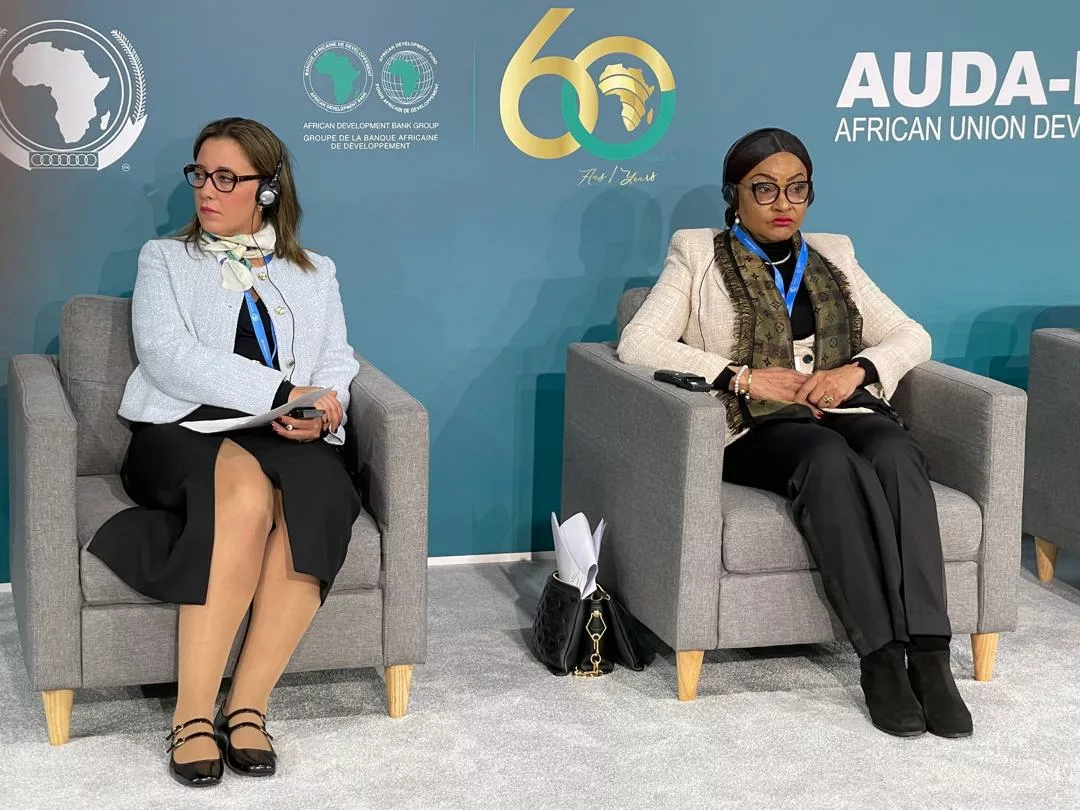|
Getting your Trinity Audio player ready...
|
African Union Commissioner for Agriculture, Rural Development, Blue Economy and Sustainable Environment, Ambassador Josefa Correia Sacko reaffirmed in Baku, Azerbaijan, that climate change poses a threat to Africa’s economies and jeopardises the continent’s developmental gains.
Amb Josefa Sacko, who was speaking at the United Nations event on Africa’s climate achievements and the importance of strategic policy frameworks, at the Conference of the Parties (COP29) to assess the situation of climate change on the planet, considered that these changes are existential for communities, ecosystems, their prosperity, including the livelihoods of the population.
To meet this challenge, he said, Africa has developed a collective and regional response to climate change and an action plan, both to strengthen the continent’s adaptive capacity and resilience and to achieve transformative, low-emission and climate-resilient development in the long term.
In this regard, she said, the AU strategy and action plan for climate change and resilient development seeks to harmonise the continent’s approach to this issue over the next decade, setting out the guiding principles, priorities and areas of action for greater climate cooperation.
She emphasised that the current climate strategy and efforts of African countries provide a framework around which Africa, as a continent, can build resilient societies, unlock mitigation potential, seize the opportunities of a flourishing green economy and develop partnerships to support a just, inclusive and equitable transition.
“A determining factor for the long-term success of the strategy will be its ability to turn these prescriptive intentions into meaningful actions, identifying specific entry points for joint implementation,” the AU Commissioner said.
The diplomat assured that the nature of this theme is particularly focused on the broad objectives of Agenda 2063, as well as its green stimulus programme and green recovery action plan and seeks to align with a series of global frameworks, including the sustainable development goals of the United Nations 2030 Agenda, the Sendai framework for disaster risk reduction and the Convention on Biological Diversity.
She said that based on the common challenges and opportunities facing the continent, which include plans to leverage natural endowments, the potential of renewable energies, nature-based solutions, transformative industrial pathways, and green and circular economy approaches, the strategy’s strengths.
The AU Commissioner stressed that a climate finance unit had been set up, which has been working to achieve the pillar of a plan to mobilise resources to support member states and the development and implementation of multi-country climate change programmes.
On the other hand, she assured that in line with the exploration of potential innovative climate finance, the African Union Commission has set its sights on a crucial platform for the continent to explore the potential options that are carbon markets to leverage and realise the appropriate opportunities and benefits in this emerging sector.
“In conclusion, I urge Member States to endeavour to address governance deficits and gaps and build stronger institutions so that they can mitigate the myriads of challenges that have prevented most countries from translating their nationally determined contributions into concrete sustainable development results.”






